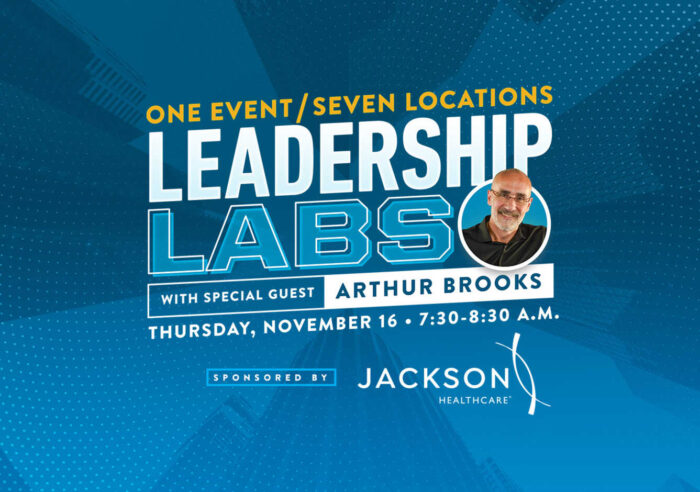
Limited-Time Discount Code for The Art and Science of Happiness
Want to dive deeper and continue your happiness journey with Arthur Brooks? Want to share this work with others who couldn’t join us today? We’ve developed a 10-part video series hosted by Arthur and filled with practical resources, science-backed insights, and self-discovery.
PERSONAL REFLECTION QUESTIONS
- Reflecting on your life so far, what are the relationships, successes, jobs, experiences, and goals that have given you the most satisfaction? What are the ones that have given you the least? Do any of the answers surprise you?
- Noticeable decline in our professional skills happens earlier than most of us expect—usually in our thirties, forties, or fifties. But there are other skills and qualities that actually improve with age. What skills and qualities have you noticed declining as you age? Which have you noticed improving?
- As you consider your second half of life, what are you looking forward to? What are you dreading? If you are in the second half of life, what are your wants, desires, and goals for this season?
TEAM DISCUSSION QUESTIONS
- There are two curves of intelligence: fluid intelligence and crystallized intelligence. Why does Brooks suggest that readers get on their second curve? How could you get on your second curve? Brainstorm two to three ways and share with the group.
- Arthur Brooks writes, “To see weakness as purely negative is a mistake.” What do you think about that statement? What is one of your weaknesses that has benefited your—or someone else’s—life?
- What are the seven words Brooks uses to sum up the lessons of the entire book? Which resonate the most with you? Why?

